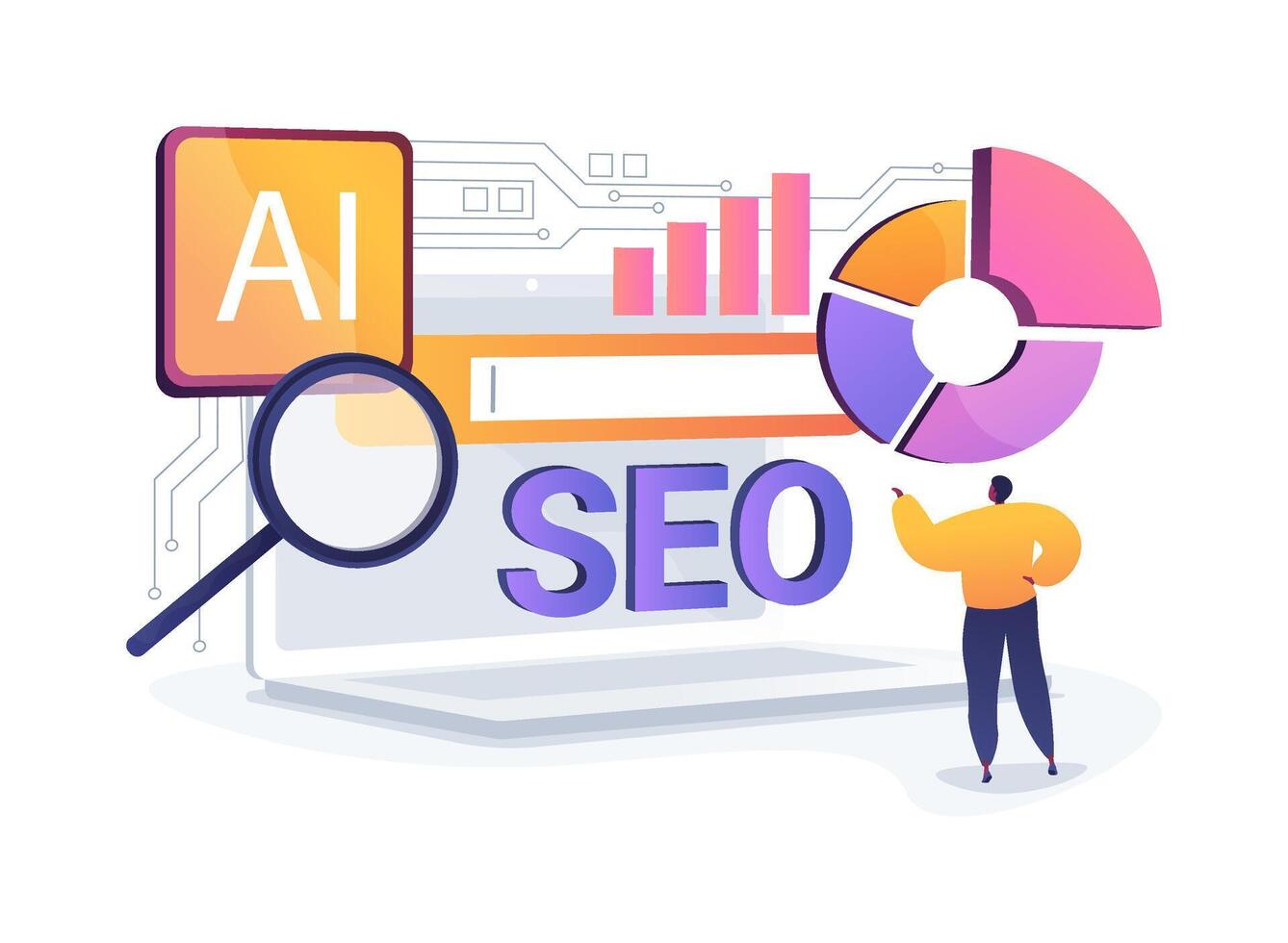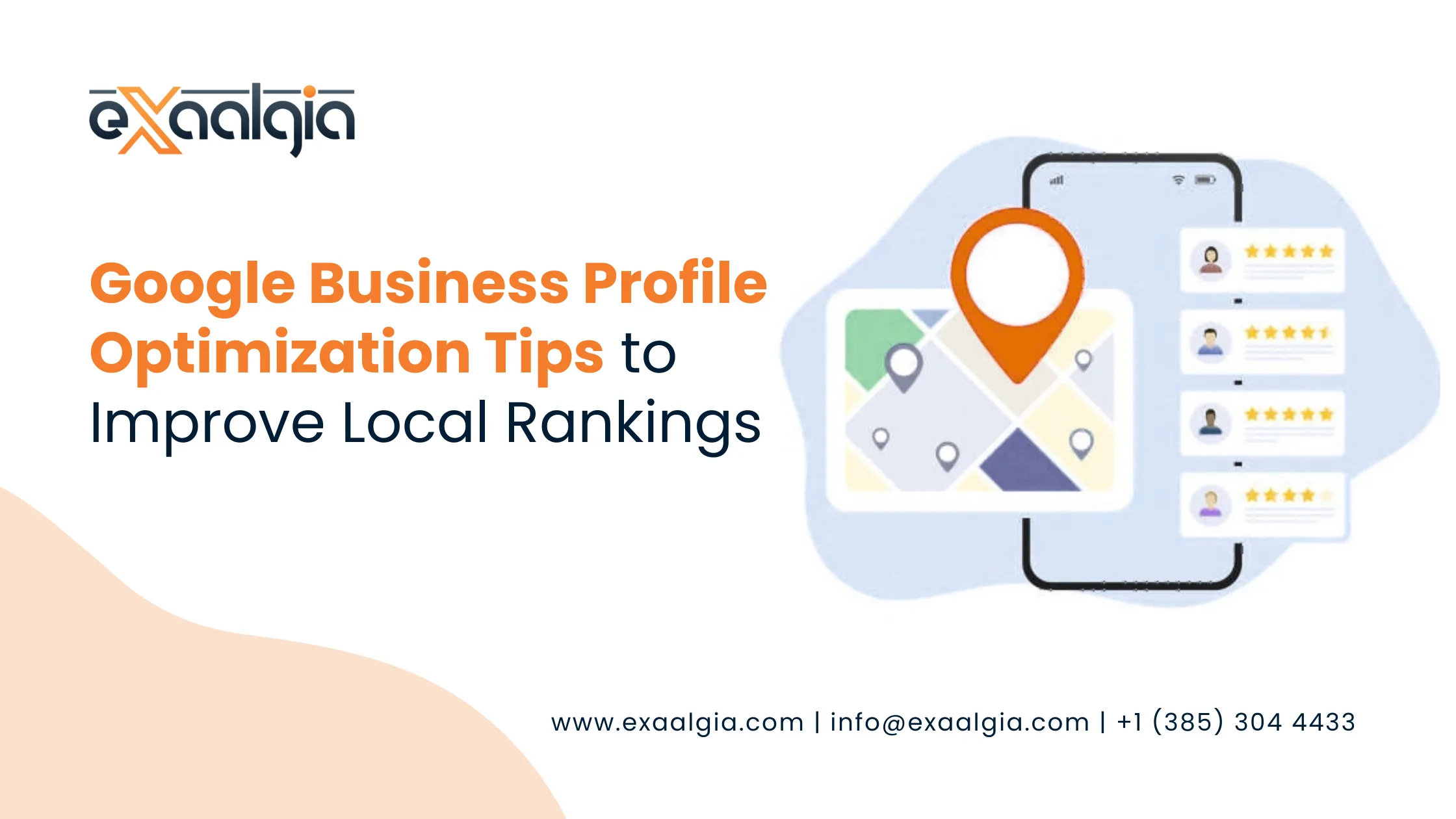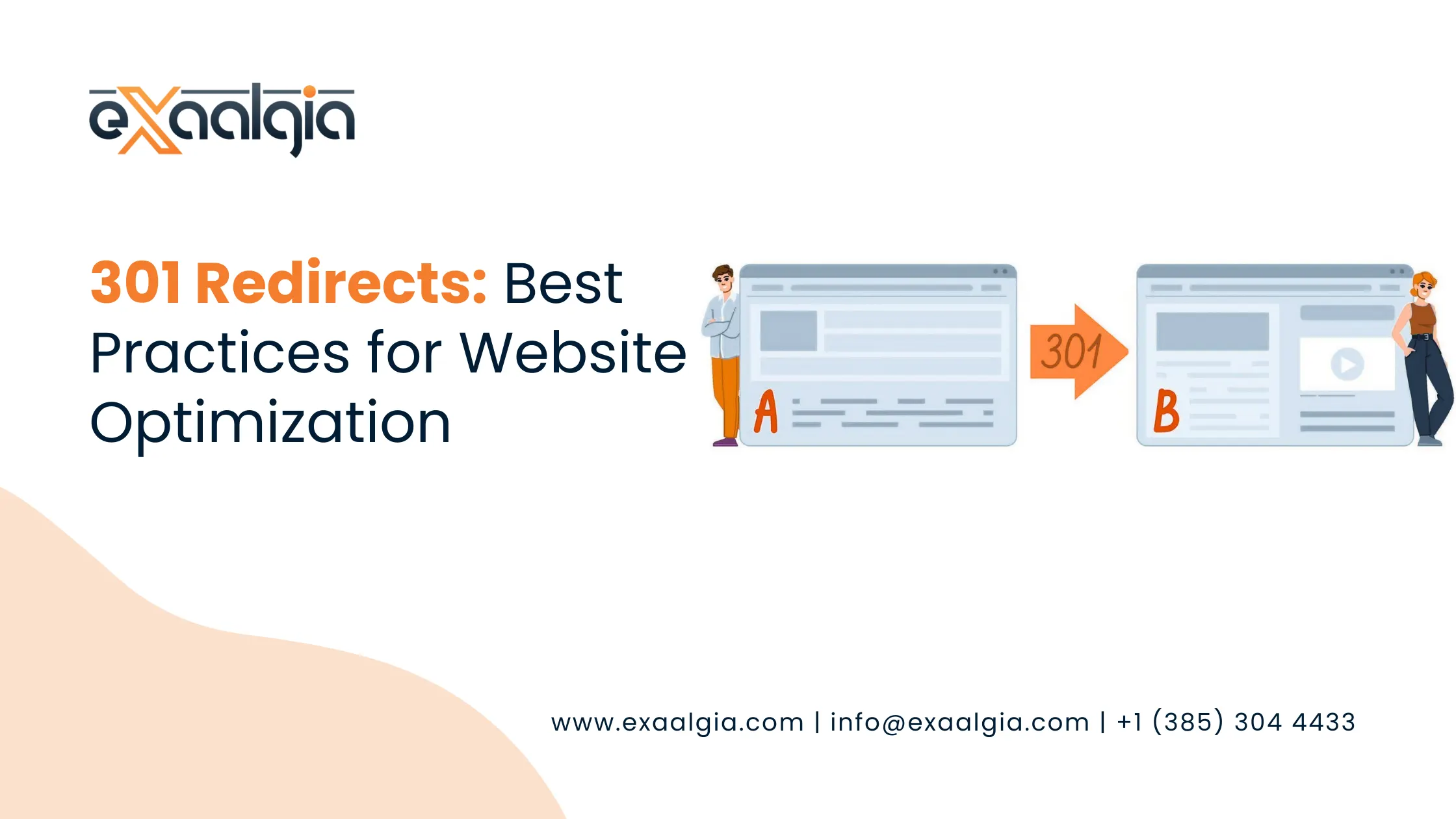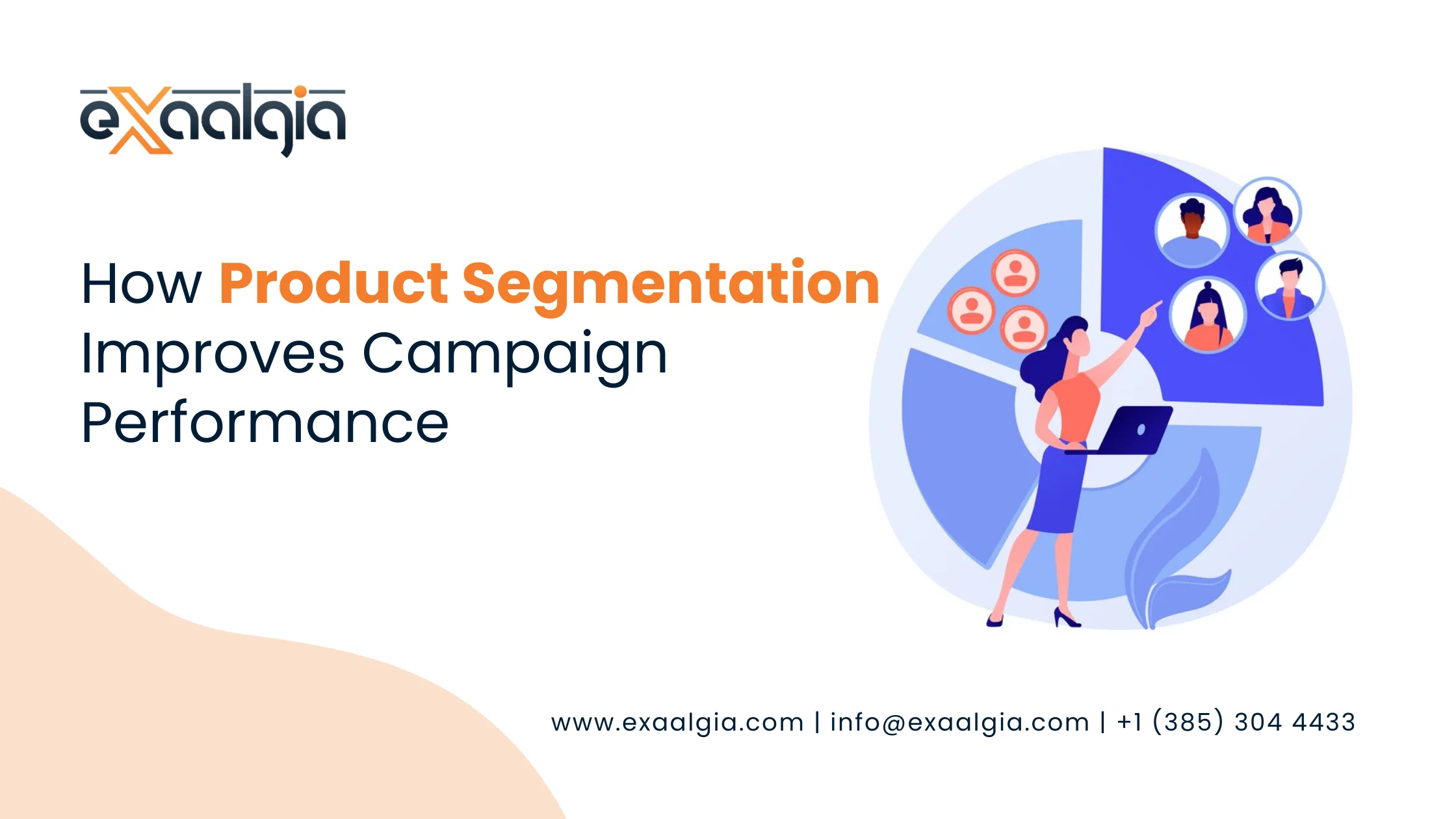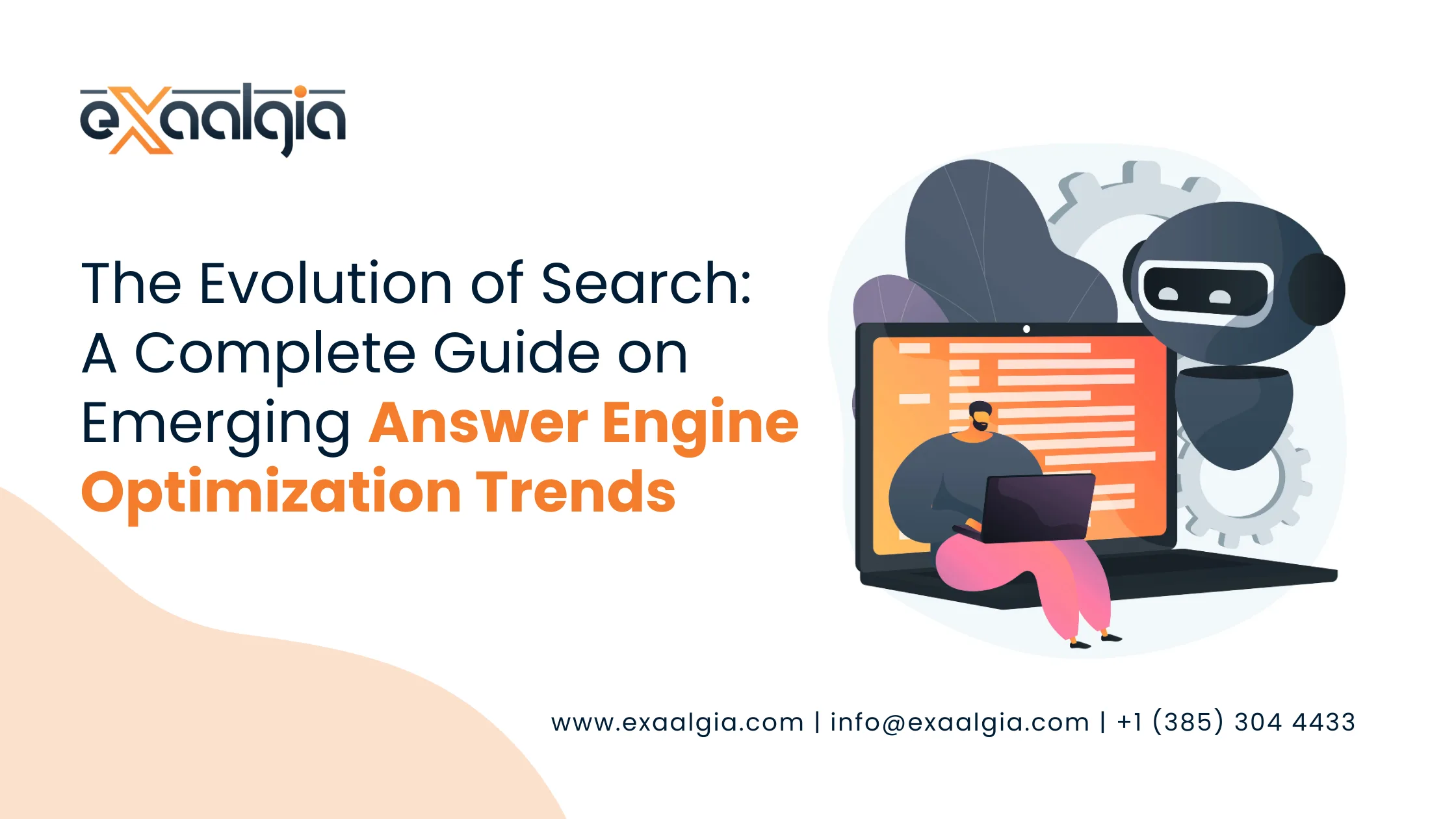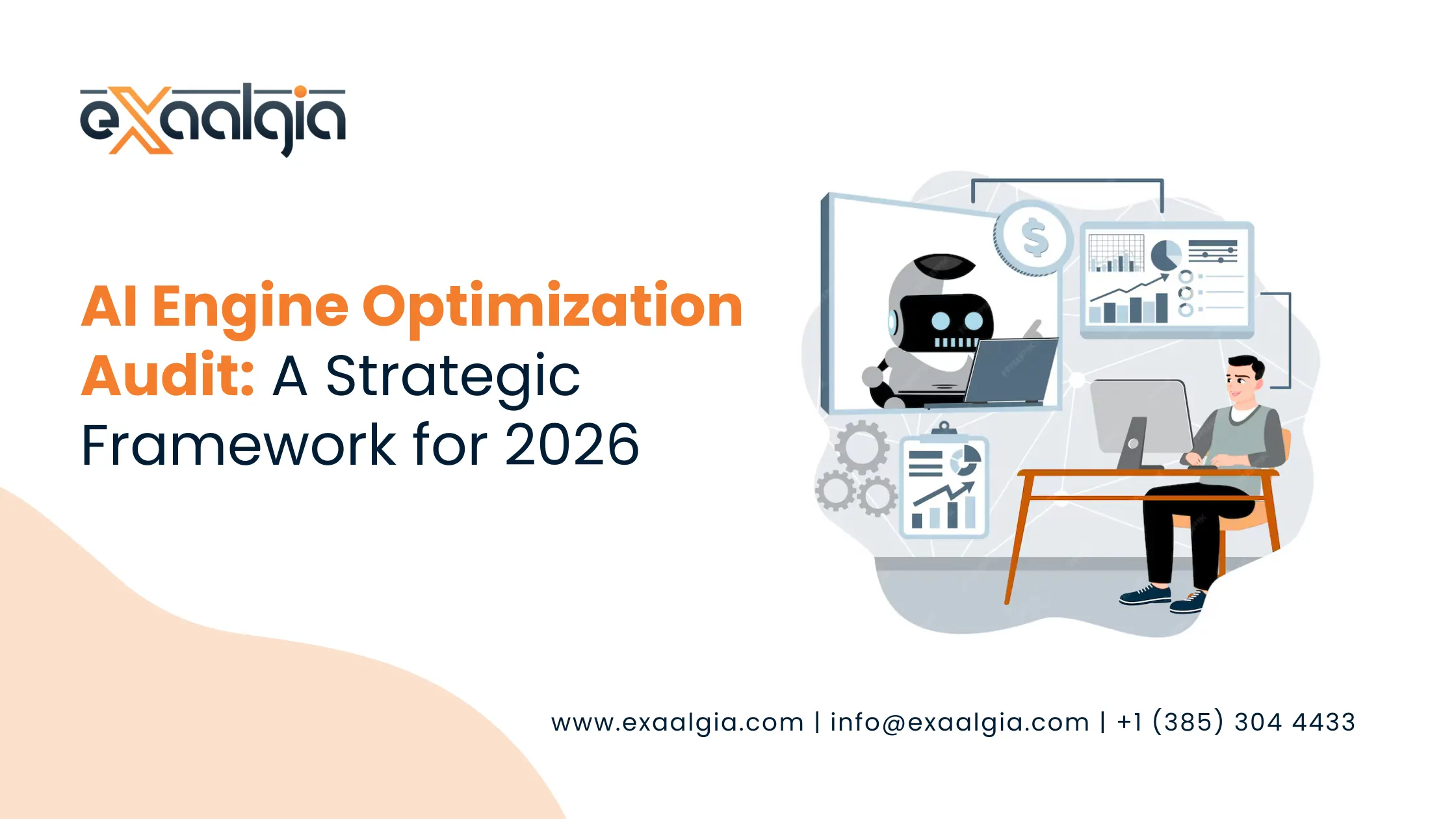Unlike traditional SEO, which focuses on ranking in search engines like Google or Bing, AI search optimization aims to make your content accessible, cited, and trusted in the new generation of AI-driven platforms—tools like ChatGPT, Google’s SGE, Perplexity, and more.
As we step into the next phase of digital marketing, mastering the nuances of AI search optimization will be essential for staying ahead.
What Is AI Search Optimization?
AI search optimization refers to the practice of tailoring website content, structure, and authority to perform well in AI-powered search environments. These environments use large language models (LLMs) and generative engines that don’t just rank websites but generate complete, conversational answers by extracting, summarizing, and synthesizing information from reliable sources.
Key Symmetric Keywords
- AI-powered search ranking
- Generative engine optimization (GEO)
- AI content visibility
- Semantic search optimization
Why Does AI Search Optimization Matter Now?
AI is fundamentally changing how search engines index, retrieve, and present content. Today’s users seek instant, accurate responses to complex questions. AI tools curate and distill answers, often citing only authoritative sources.
For brands, this means:
- Being referenced in AI-generated answers matters more than a traditional SERP position.
- Cited content attracts higher-quality, conversion-ready visitors.
- Authority in AI responses drives trust, reputation, and business growth.
The AI Revolution: Key Shifts in User & Search Behavior
- Conversational Queries: Users phrase questions naturally, expecting smart, synthesized replies.
- Fragmented Platforms: Information-seeking happens on social, e-commerce, and video platforms—not only classic search engines.
- Citation-Based Visibility: AI engines display sources for credibility; being one of the cited sources is the new organic ranking.
From Traditional SEO to AI Search Optimization
Traditional SEO:
Focused on keyword research, backlink building, content freshness, and technical fixes for ranking higher in SERP results.
AI Search Optimization:
Focuses on creating structured, trustworthy, semantically rich content that AI systems can easily extract and cite within generative responses.
Key Differences Table
| SEO Focus Area | Traditional SEO | AI Search Optimization |
| Keywords | Density & intent | Semantic relevance & user context |
| Rankings | SERP positions | Cited in AI-generated answers |
| Content Structure | Blog posts, guides | Structured Q&A, rich snippets, FAQs |
| Authority Signals | Backlinks, domain authority | Topical authority, authorship, citations |
| Measurement | Traffic, SERP CTR | Citation frequency, brand mentions |
Pillars of Successful AI Search Optimization
1. Structured, Semantic Content
AI models prefer well-organized content that’s easy to parse. Use clear headings (H1, H2, H3), bullet lists, and summary boxes. Implement schema markup (e.g., FAQ, Article, HowTo).
How-to implementation:
-
- Break down complex topics into Q&A sections.
- Provide concise, direct answers early in each section.
- Embed data, glossaries, and quick definitions.
2. Building Topical Authority
Instead of one-off articles, create comprehensive “topic clusters”. Develop pillar pages around core subjects, with many interlinked supporting articles. Consistent updates and depth show AI models your brand’s expertise.
“AI algorithms reward brands that offer in-depth, interconnected coverage of their niche, ensuring visibility in generative responses”.
3. Authoritativeness and Trust
AI search platforms rely heavily on trust signals:
- Showcase expert authorship and credentials.
- Back statements with data, case studies, or recognized references.
- Regularly refresh statistics and insights for accuracy.
4. Internal Linking Strategies
Connect related pages using descriptive, intent-rich anchor text for both users and AI crawlers:
- Link from your AI search optimization guide to SEO services using anchors like “modern SEO solutions.”
- Connect Q&A sections to detailed resources such as your content marketing or Technical SEO pages.
This clustering improves crawlability, distributes page authority, and signals your expertise to AI models.
5. Technical Excellence
Ensure that your content is fully accessible to AI crawlers:
- Eliminate unnecessary login walls for public resources.
- Unblock important bots (e.g., GPTBot) in robots.txt.
- Use fast-loading, mobile-friendly site designs for better AI and human experience.
Adapting Your Content: Actionable AI Search Optimization Tips
- Map Customer Questions: Identify the most common and complex questions your audience asks. Build direct, standalone answers for each.
- Cite Data & Research: Use up-to-date data, references, and links to credible studies—AI platforms strongly favor sourced information.
- Optimize for Conversational Search: Embrace natural language and long-tail queries throughout your content. Write as if answering a spoken question.
- Schema Markup: Use FAQ and HowTo schema to help AI engines understand and serve your answers.
- Monitor Citations: Use tools that track when your site is referenced in AI-generated responses, adjusting your content and outreach as needed.
The Role of Generative Algorithms (e.g., Google SGE, ChatGPT)
Generative Engine Optimization (GEO) is now crucial. These algorithms extract, synthesize, and present content from various sources, often showing only a few citations.
- Retrieval-Augmented Generation (RAG): AI combines learned knowledge with real-time web data to verify and enhance answers.
- Citation Threshold: Only the top, most relevant, and trustworthy websites appear in generative responses.
By mastering AI search optimization, you can help ensure your brand is cited—unlocking a new wave of high-intent, highly-converting traffic.
Business Impact: Why AI Search Optimization Delivers ROI
Higher Engagement & Conversions:
Visitors arriving via AI-generated answers are better informed and closer to purchasing.
Brand Trust & Authority:
Being referenced in authoritative AI responses associates your brand with reliability and expertise.
Sustainable Traffic Growth:
With search behavior fragmenting across platforms, being cited by AI models ensures a continuous source of traffic—even as competition in SERPs intensifies.
Key Steps for Brands to Win at AI Search Optimization
1: Audit Your Content Ecosystem
- Identify key resources that answer high-intent customer queries.
- Update them regularly and enrich with current statistics and outcomes.
2: Structure and Markup
- Use headings, bullet lists, and concise Q&A formats.
- Add schema for FAQs, articles, and how-to guides.
3: Maximize Internal Links
- Link cornerstone resources with support articles, case studies, and service pages.
- Map out content clusters to amplify topical authority.
4: Build Trust and Authority
- Feature qualified authors with bios.
- Showcase industry awards, certifications, or published research.
5: Monitor and Adapt
- Track your citations in AI platforms.
- Adjust and expand content to fill emerging topical gaps and questions.
Advanced Tactics: Staying Ahead in AI Search Optimization
Leverage AI-Powered Tools: Use AI content analysis and optimization tools for competitive insights and content refinement.
Create Multi-Format Content: Supplement text with videos, podcasts, infographics, and interactive content. Multimodal AI models draw from varied formats for responses.
Voice and Visual Optimization: Prepare for the growth of voice assistants and visual search by optimizing content and metadata for contextual queries and images.
The Future of AI Search Optimization
AI Overviews Become Universal: Google, Bing, and other engines increasingly serve AI-generated overviews for nearly all query types.
Personalization at Scale: AI will leverage location, behavior, and preferences to deliver individualized answers.
Expanding Beyond Search Engines: AI-driven discovery will take place across social media, e-commerce, and content platforms—fragmenting but also expanding visibility opportunities.
Brands that proactively adapt now stand to become the primary sources in this next evolution of digital visibility.
Internal Linking in Practice
Example Table: Internal Link Opportunities for AI search optimization
| Section | Link Opportunity | Anchor Text Example |
| AI Search Optimization intro | SEO Services | innovative SEO services for digital growth |
| Structured Content | Content Marketing | content marketing strategies for visibility |
| Authority/Trust | Case Studies | real-world case studies boosting authority |
| Technical Excellence | Technical SEO | ensure technical SEO compliance for AI |
| Next Steps | Contact Us | get a tailored AI optimization plan |
Embrace the Next Evolution in Digital Visibility
AI search optimization is not just another SEO trend—it’s the foundation for future-proofing your brand’s digital presence. By focusing on structured, authoritative content, topical authority, technical excellence, and strategic internal linking, you position your site to be cited, trusted, and preferred by the AI engines shaping tomorrow’s search.
Ready to evolve your strategy?
Explore our AI search optimization solutions, learn from real case studies, and discover how leading brands are already winning in the age of AI-powered search.
Take the first step: Contact Exaalgia for a personalized roadmap to dominate digital visibility through AI search optimization.
For more expert digital marketing insights, visit our blog or browse our full suite of outcome-driven services.

